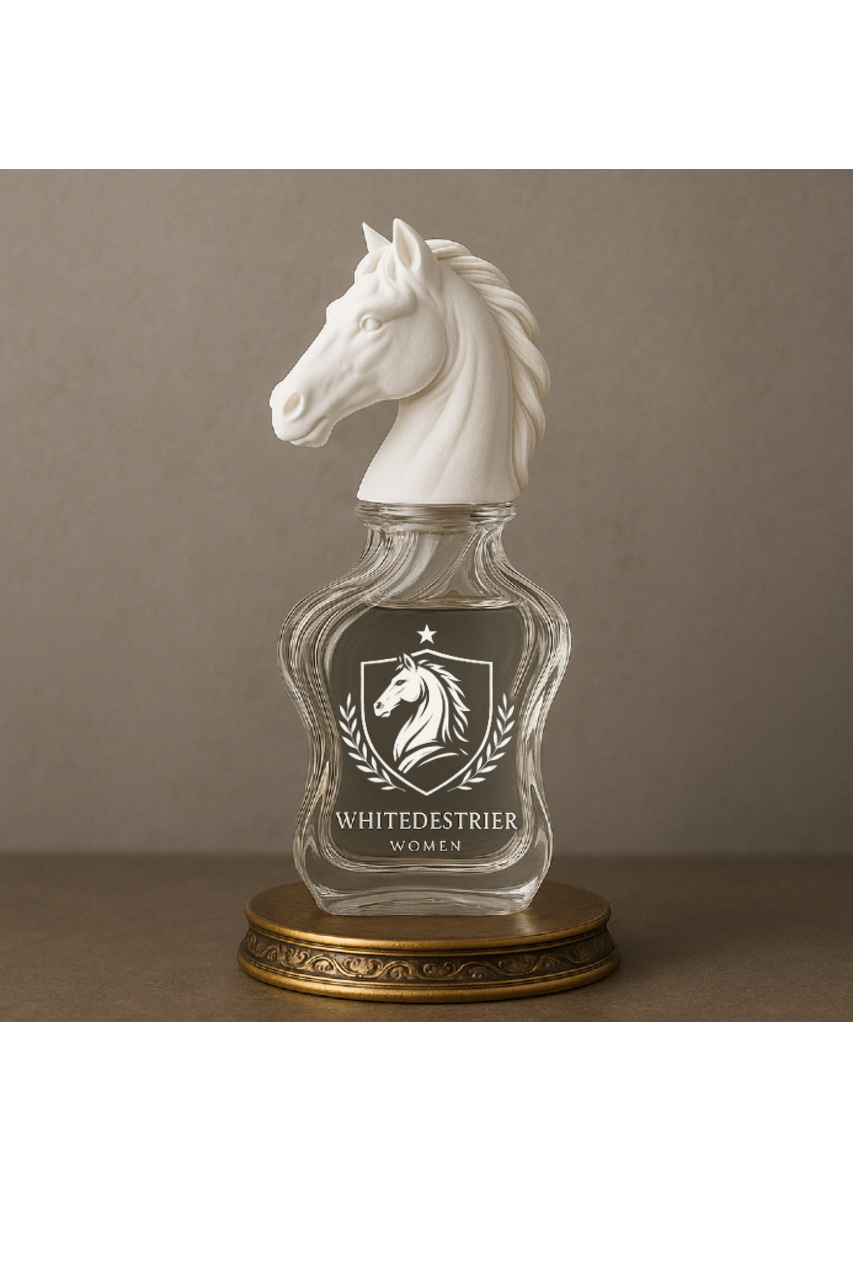

 WhiteDestrier
WhiteDestrier

In the heart of a forgotten forest, soaked in perpetual twilight, there walks a presence — quiet, steady, untamed. Horse of the Hollow carries the scent of that pathless place. It opens with the sharp tang of wild raspberries, not ripe and juicy, but dark and broken, crushed into the wet soil. The air is heavy with damp wood and the green breath of moss. Underfoot, the ground is soft and yielding, rich with centuries of fallen leaves, rot, and rebirth. There's a strange electricity in the air — a trace of musk, of something warm-blooded that has just passed through. As it dries down, the scent sinks deeper, earthier: a breath of mushroom-rich soil, a whisper of rotting cedar and ghostly smoke. It clings close to the skin like fog to bark. Neither feminine nor masculine, this is the scent of solitude and shadow — a silent bond with something older than language, older than roads. The horse here is not a symbol of nobility, but of instinct. Of bone, earth, and memory.

She moves like a memory through a field of thorns — not galloping, but drifting, her mane tangled with wind and dry flowers. Briar Mare is a scent that begins with the soft sweetness of blackberries left too long on the vine: overripe, sun-warmed, almost fermented. The first breath is soft but feral, met with brittle leaves underfoot and the green bitterness of crushed violet stems. There's a touch of nostalgia here — like opening an old wooden box in an attic overgrown with ivy. As the fragrance unfolds, it deepens into a dusky floral-earth heart: patchouli leaves brushed with rosewood smoke, damp bark, and the breath of the forest floor. It finishes with the scent of dry hay warmed by fading sunlight, the barest trace of musk, and something faintly powdery, like the echo of skin. Briar Mare is unmistakably feminine — but not soft. She is rooted in wilderness, shaped by the wildness of time and weather. She is not the mare of parades, but of dreams and dusk: veiled, elusive, and wholly untamed.